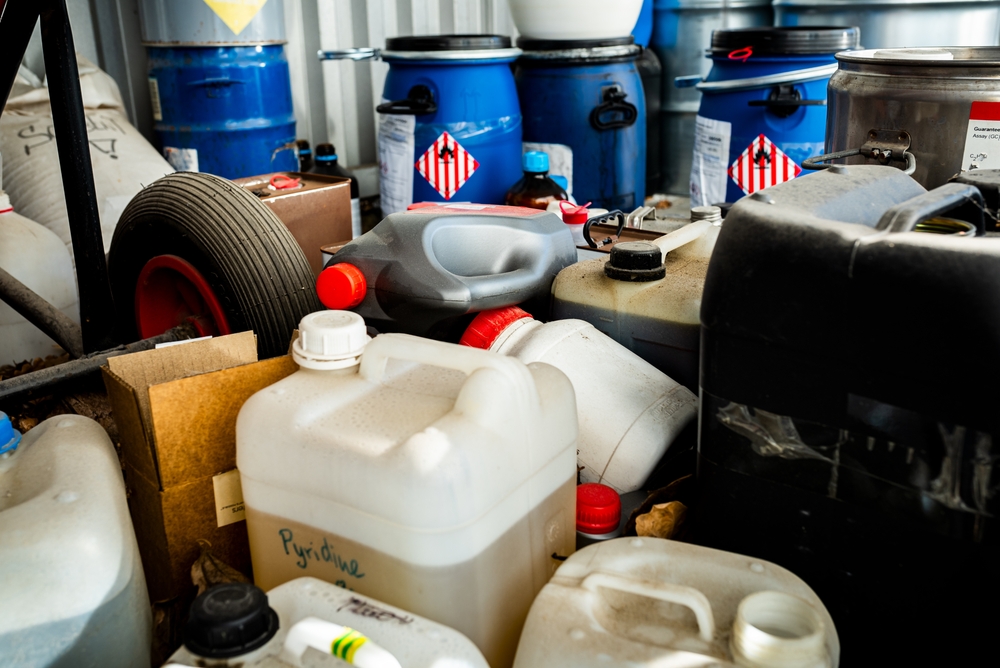In our latest installment of Ask the Expert, brought to you by the team of industry experts at EHS Hero®, we look at a recent question from a subscriber asking about the proper disposal method for Freez-Therm. See what the experts had to say.
Q: What is the process for determining the most appropriate method of disposal of the used chemical “Freez-Therm” and its mostly empty containers? Section 13 of its SDS doesn’t specify disposal methods.
The RCRA regulations would not consider Freez-Therm (the chemical ethylene glycol) to be a hazardous waste. That said, this chemical would be considered a hazardous waste and therefore needs to be managed as such, if it was contaminated with heavy metals (e.g., lead, cadmium, and chromium) to a level that would qualify it a regulated hazardous waste. As noted in Section 13 of the SDS for Freez-Therm, “disposal should be in accordance with applicable regional, national, and local laws and regulations.” While some state regulations do not address the management of ethylene glycol, aka antifreeze, other states require a hazardous waste determination to be performed. Some states note that they will not require a hazardous waste determination if the antifreeze is to be recycled. In addition, the following states allow antifreeze to be regulated as a universal waste: Louisiana, Michigan, New Hampshire, Ohio, Utah, and Washington.
So, because the disposal method for ethylene glycol and its “mostly empty container” is predominantly determined on the state level, you will need to review the state regulations of the state in which the antifreeze is generated to know the options available for the disposal of this chemical.

